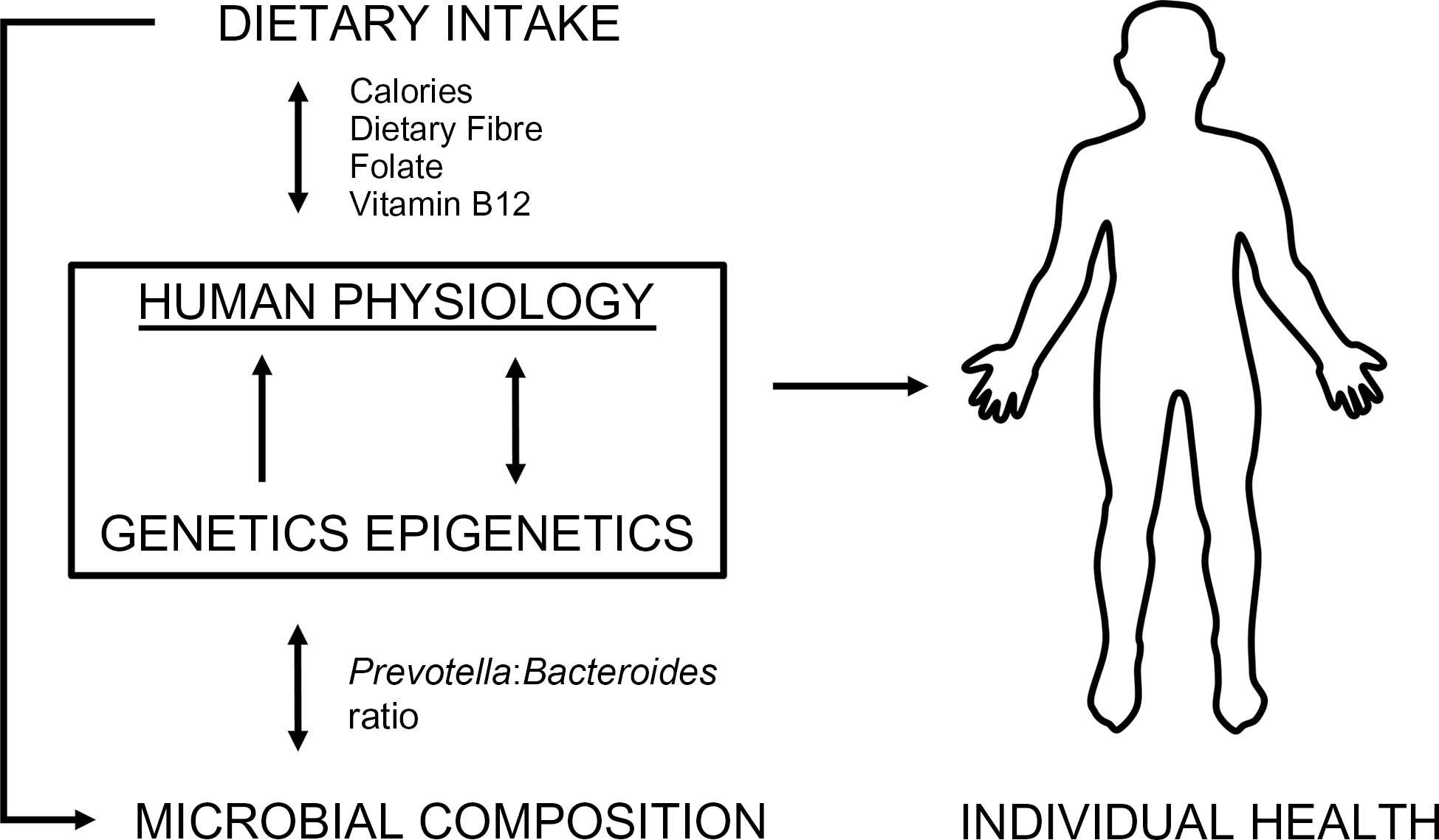Imagine a world where your diet isn’t based on generic advice like “eat more greens” or “cut carbs”—but tailored to your unique genetic blueprint. That’s the promise of personalized nutrition based on DNA testing. It’s not sci-fi anymore. Companies are already offering insights into how your genes influence everything from caffeine metabolism to gluten sensitivity. But does it work? Let’s break it down.
How DNA-Based Nutrition Works
Here’s the deal: your DNA holds clues about how your body processes nutrients. A simple cheek swab or saliva test can reveal variations in genes like:
- FTO (linked to obesity risk)
- MTHFR (affects folate metabolism)
- APOE (impacts cholesterol response)
These markers help create a custom nutrition plan—suggesting, say, more omega-3s if your genes show inflammation risks or less salt if you’re prone to high blood pressure.
The Science Behind It
Honestly, the field—called nutrigenomics—is still young. But early studies are promising. For example:
| Gene | Impact | Dietary Tweak |
| LCT | Lactose intolerance | Reduce dairy |
| CYP1A2 | Caffeine sensitivity | Limit coffee |
| TCF7L2 | Carb metabolism | Lower glycemic load |
That said, genes aren’t destiny. Lifestyle and environment still play huge roles. Think of DNA testing as one piece of the puzzle—just a very precise one.
Who’s It For?
Well, almost anyone curious about optimizing their health. But it’s especially useful if:
- You’ve tried “everything” but still struggle with weight or energy
- You have a family history of diabetes or heart disease
- You’re an athlete chasing peak performance
The Limitations
Don’t expect a magic bullet. Some tests oversimplify—like labeling foods as “good” or “bad” based on a single gene. And, you know, science evolves. Today’s findings might get refined tomorrow.
Getting Started with DNA-Based Nutrition
If you’re intrigued, here’s how to dip your toes in:
- Choose a reputable test: Look for companies with clinical backing (like Nutrigenomix or DNAfit).
- Pair it with professional advice: A dietitian can help interpret results.
- Start small: Focus on one or two actionable changes first.
The Bigger Picture
Personalized nutrition isn’t just about diets—it’s part of a shift toward precision health. As research grows, we might see DNA-guided meal plans as standard as calorie counting is today.
For now? It’s a fascinating tool—one that reminds us there’s no one-size-fits-all in health. Your body’s needs are as unique as your fingerprint. And that’s worth chewing on.


